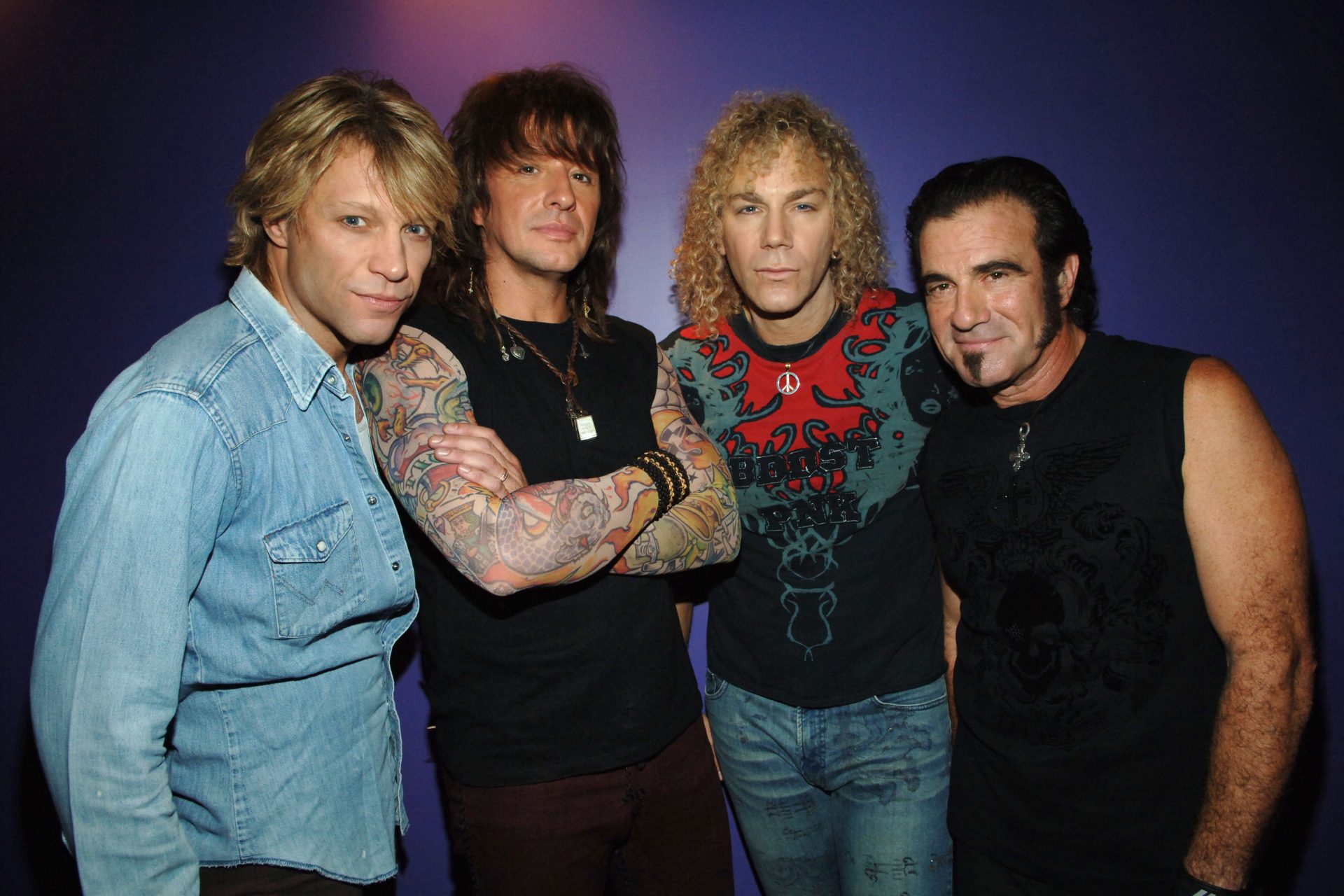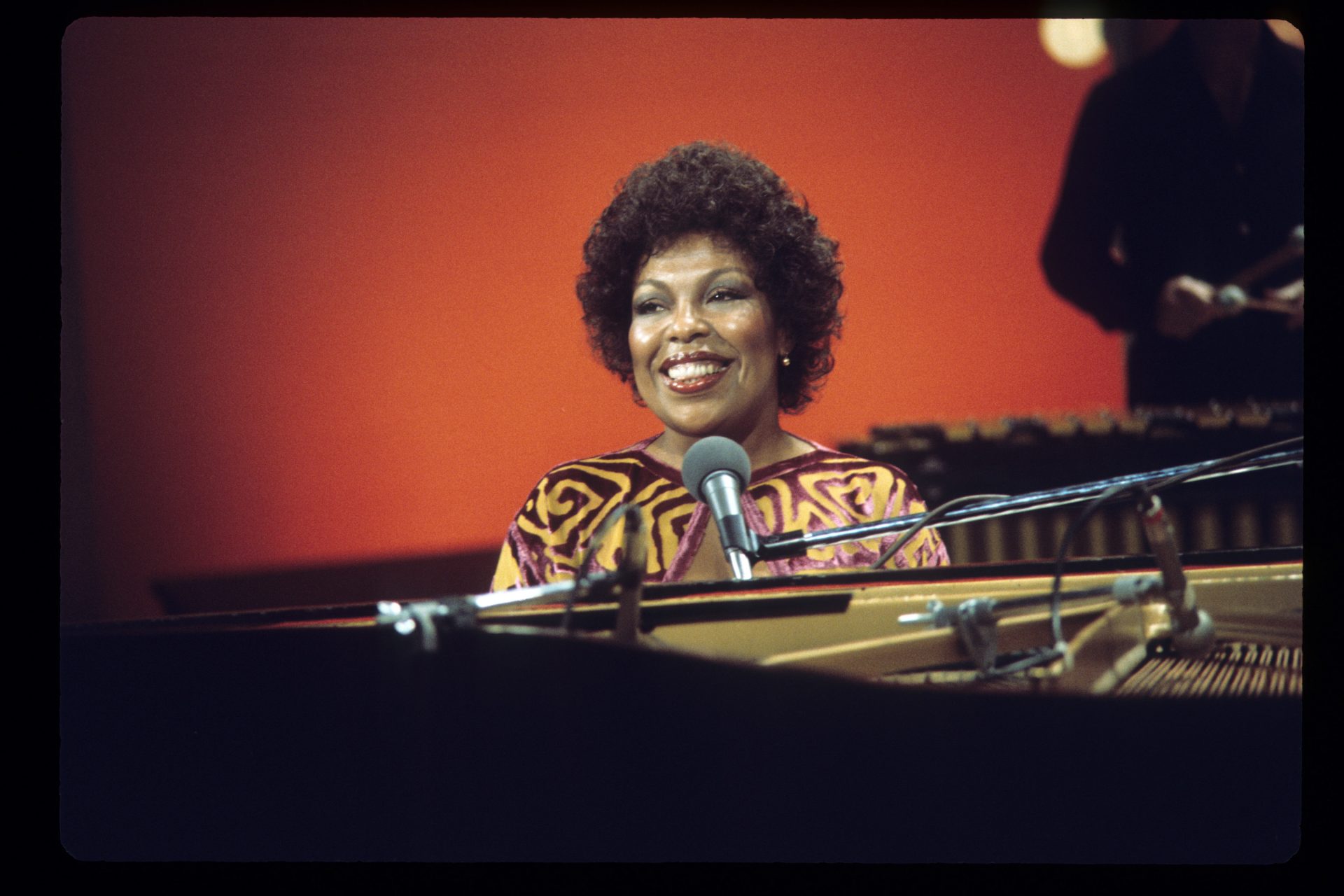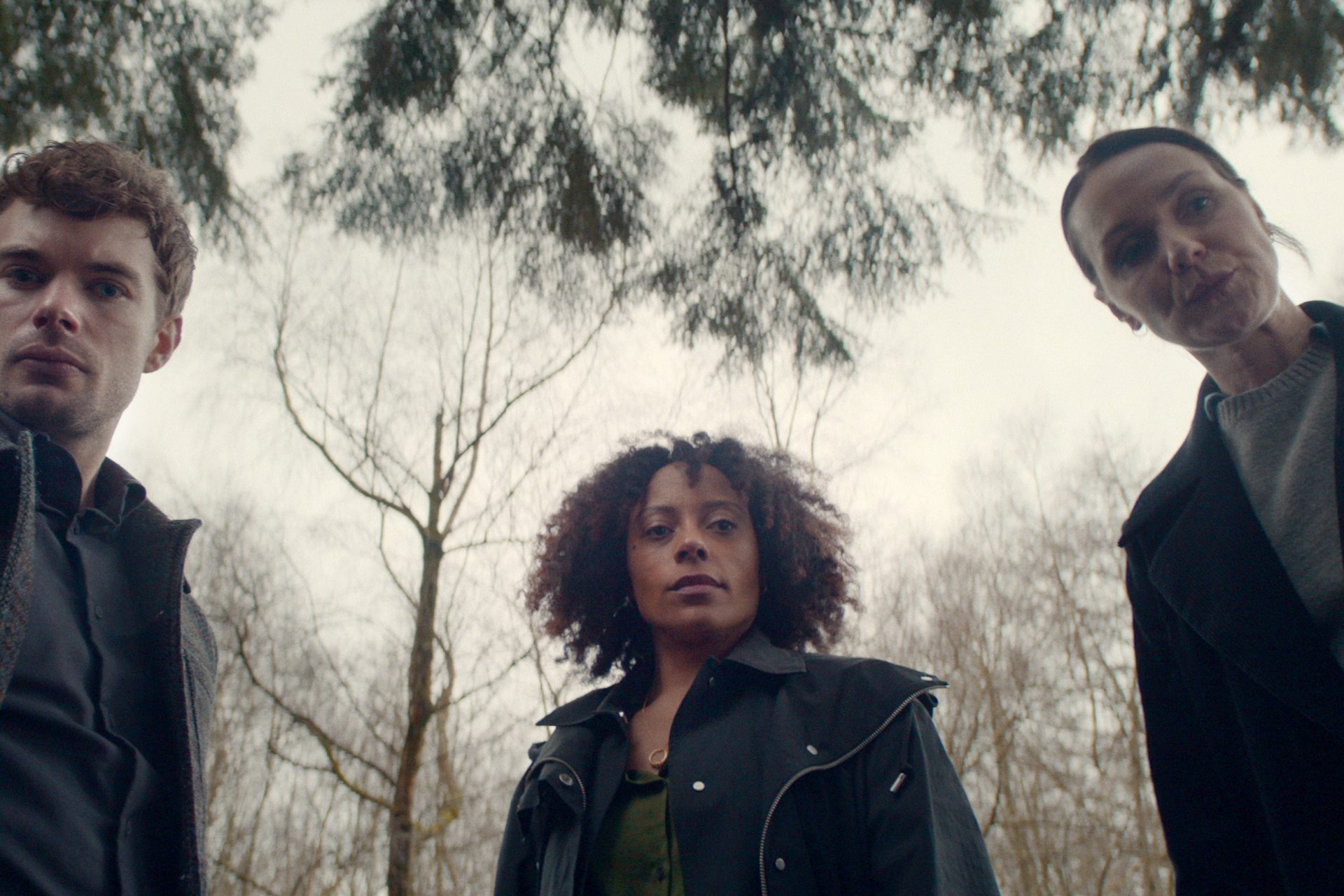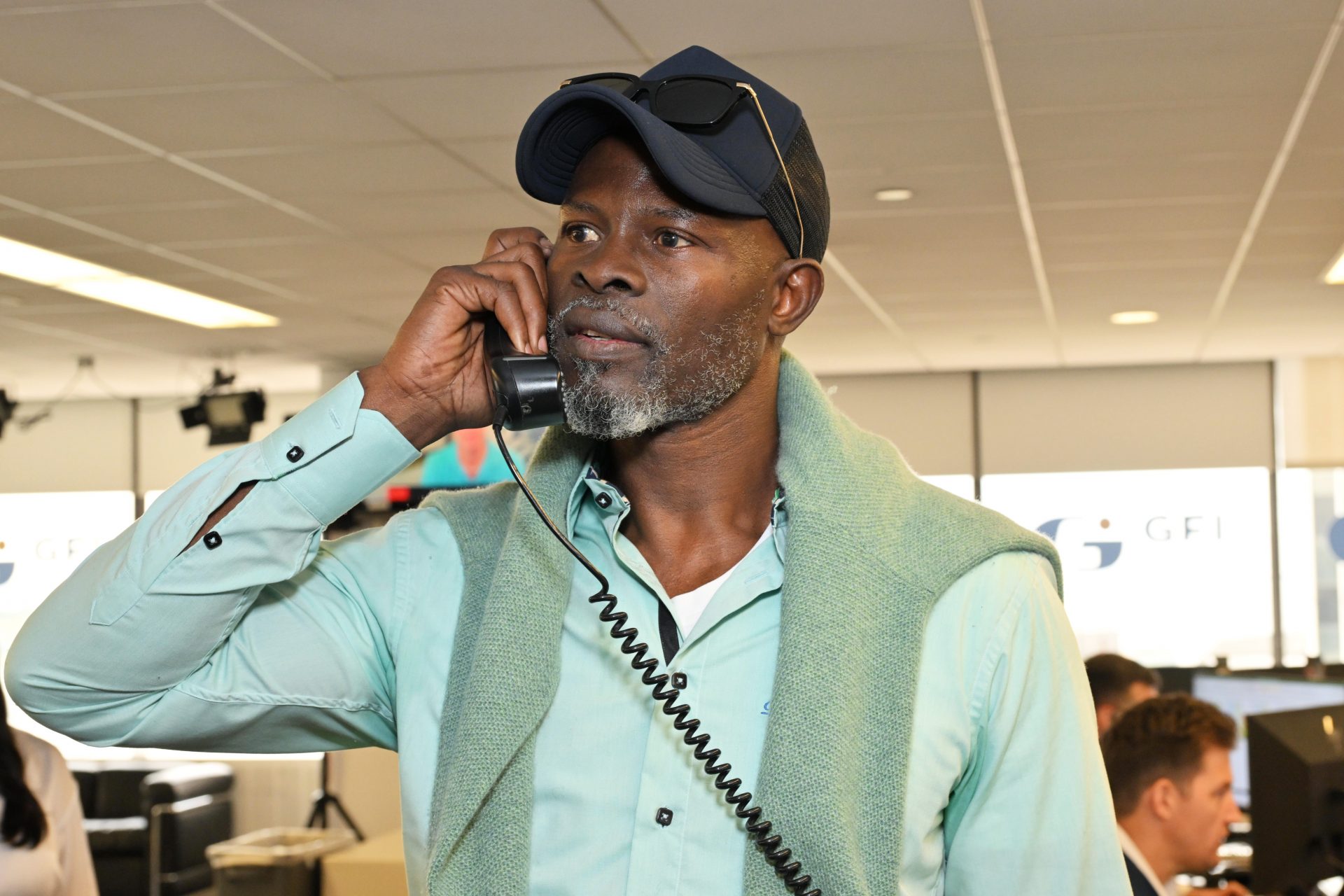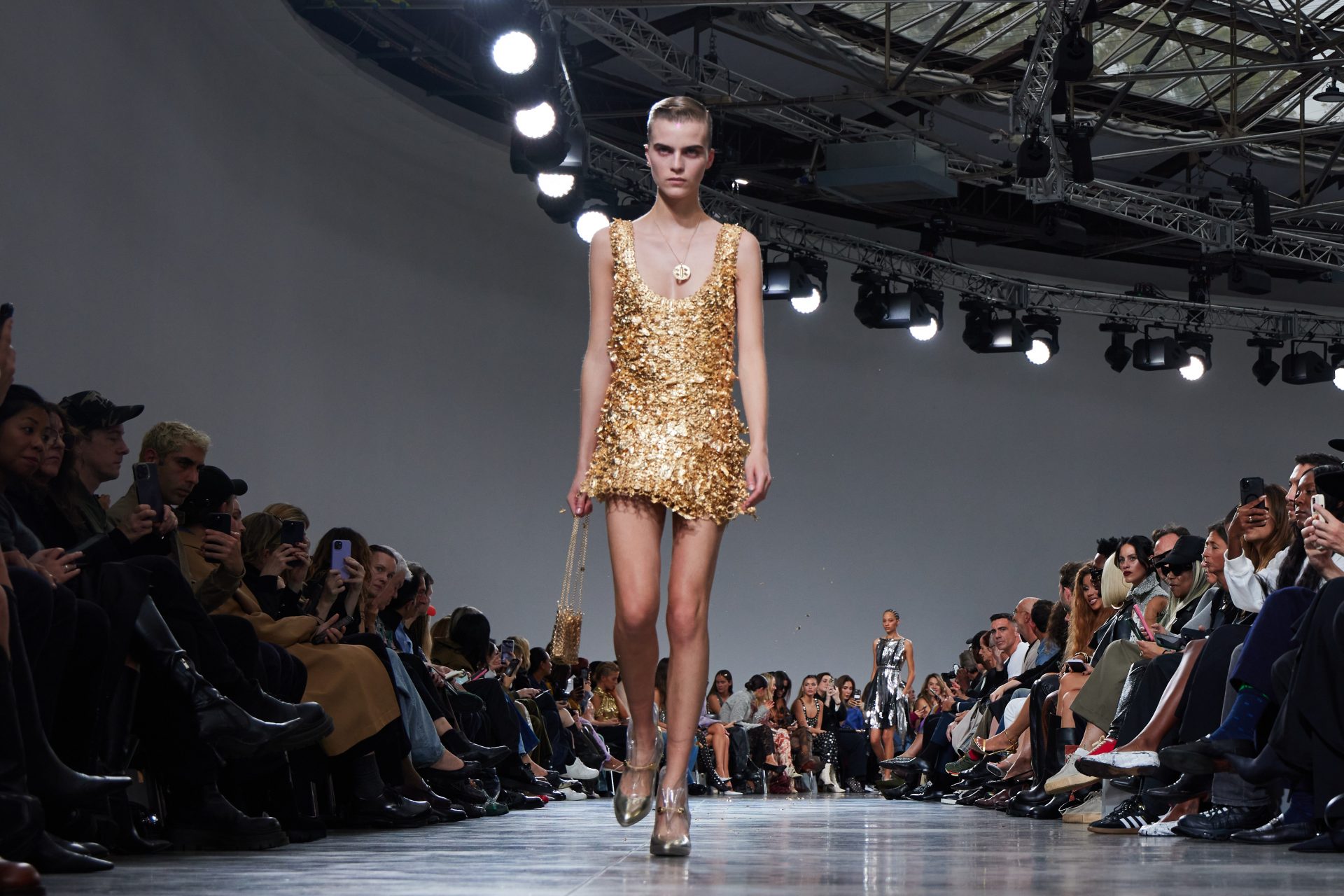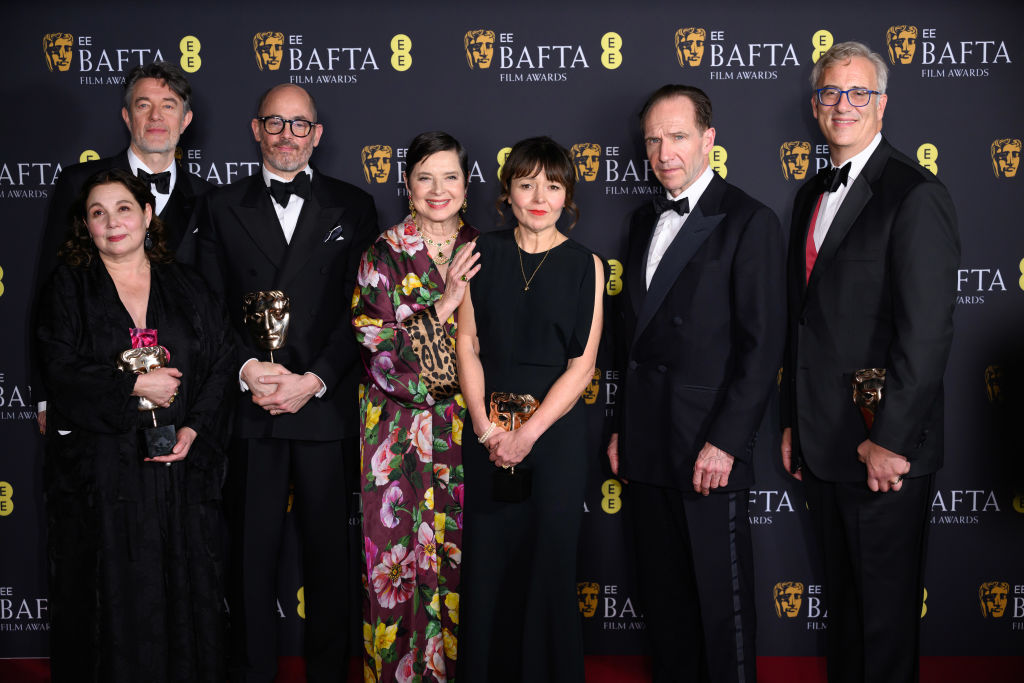André Rieu: the amazing story of an unusual pop icon
André Rieu is one of the most famous conductors and artists in the world. With his music and his unique performances, he has built up a large and loyal fan base, both in his native country, The Netherlands, and abroad.
André Rieu's music is sold across the world, from Bolivia to China. In 2023, the violinist performs in Germany, Poland, the United Kingdom, Denmark, and other European countries. In the fall, he embarks on a world tour with as many as ten stops in the United States and Canada.
How did this man with the violin become so famous? Let's have a look at the extraordinary story of André Rieu, especially the night everything changed for him during a Champions League football match.
André Rieu was born on October 1, 1949, in Maastricht, the Netherlands. According to NPOradio5, his mother was a singer and his father, André Rieu senior, was a famous conductor and violinist.
As a child, André was already fascinated by music. He started playing the violin at a young age. Rieu's official website recounts that he received his first violin when he was five years old. From that moment on, he knew he wanted to be a professional musician.
André Rieu started studying at the Conservatory of Brussels at the age of 18. He studied violin, harmony, and composition there.
After returning to the Netherlands, Rieu began his career as a professional musician. In the 1970s and 1980s, he played in various orchestras and learned the tricks of the trade.
However, as the site Klankwijzer states, the violinist soon wanted to go his own way. André Rieu founded his own orchestra in 1987: the Johann Strauss Orchestra. It started with 12 people and would grow to as many as 40 or 50 at some point.
André Rieu's orchestra brought a new genre of entertainment into the world. It played classical music in a popular, interactive show. The musicians dressed up and invited the audience to dance along with the music.
Over time, the Johann Strauss Orchestra became known for its performances with spectacular light shows and visual effects. André Rieu's official website states that he always tries to make his music accessible to a wide audience, combining classical music and popular tunes.
In the Podcast 'Weird Hit Wonder,' Rieu says that, in the beginning, it was difficult to sell his music. "No one at the Dutch radio stations knew in which box it was supposed to fit." They simply didn't know which genre suited the music he made.
Still, Rieu was determined to introduce his music to the general public. As he recounts in the podcast 'Weird Hit Wonder,' he kept pushing radio stations with demos of his music. Finally, one of his tracks, a new version of 'The Second Waltz' by Dmitri Shostakovich, caught on in the Dutch media.
It happened in the 90s. As radio DJ Jeroen van Inkel told 'Weird Hit Wonder,' he was looking for funny tunes to play in his radio show at the time. He specifically needed background music so he could talk over it.
Image: Jeroen van Inkel / Instagram
Jeroen van Inkel remembers listening to the demo of 'The Second Waltz' by André Rieu and thinking it was "a corny piece of music." He would play the 'goofy' tune on the radio as background music "to tell funny news stories over it."
No one expected what happened next. A huge number of listeners of Jeroen van Inkel's show began to wonder what music he was playing there. According to 'Weird Hit Wonder,' people were eager to buy a CD of 'The Second Waltz.' And so, unexpectedly, it became a hit.
Rieu's unusual single entered the Dutch pop charts among tracks like Coolio's 'Gangsta's Paradise' and Whigfield's 'Saturday Night.' He stayed there for more than 28 weeks. In fact, the Netherlands' Top 40 website states that the song is one of the 65 biggest hits the chart has ever had.
The moment André Rieu became world famous was at halftime of a football match. It wasn't just any match, but the exciting semifinal of the Champions League between Bayern Munich and AFC Ajax in 1995.
In the podcast 'Weird Hit Wonder,' Rieu recalls that he had arranged to play 'The Second Waltz' with his fiddle on the center spot during halftime in the important game.
Rieu's team had bought one minute of advertising time for that Champions League match; a huge investment. During that minute, the broadcast would move back to the stadium and his concert would be seen all over the world.
Rieu says in the podcast 'Weird Hit Wonder' that they took a chance with this concert. If Ajax had been behind at halftime, the fans in the stadium might have been sad and would not have sung and danced along with the music.
Fortunately for Rieu, this was not the case. Ajax led 3-1 at halftime and the audience was delirious. During the chorus, the commercial break switched back to the stadium. It was exactly at the right time because everyone was swaying along to Rieu's violin tune at that moment.
Image: the concert at Ajax-Bayern Münich, April 19, 1995 / YouTube
This performance, which was broadcast to millions of viewers around the world, made Rieu known to a global audience. According to 'Weird Hit Wonder,' viewers loved his passionate and energetic performance. Rieu quickly started selling CDs and booking shows in other countries.
Rieu was aware of the impact of his performance in the Champions League semifinal. He has often cited it as a key moment in his career.
In an interview with the Dutch newspaper De Telegraaf, he said: "That was one of the most exciting moments of my life. It was a huge audience and the response was great. It was a turning point for me and I realized there was a huge demand for the music I played."
After his performance in the Champions League semifinal, Rieu went on tour and played in sold-out venues around the world.
He released new albums and his popularity continued to grow. By now, Rieu has sold more than 40 million albums, the newspaper 'Trouw' claims, and he is one of the best-selling artists in classical music in the world.
In 2011, Rieu was appointed knight in the Order of the Dutch Lion for his contribution to Dutch culture. He also received many other awards, including the ECHO Klassik Award, the Classic BRIT Award, and the World Music Award.
In recent years, Rieu has continued to release many albums and DVDs. He also has his own music festival, the 'André Rieu Maastricht Festival,' which is held annually in his home city of Maastricht in the Netherlands.
Rieu is known for being very accessible to his fans. He has a large and loyal following and often interacts with his audience during his concerts. The artist also has a YouTube channel where he regularly posts videos and updates his fans on his activities.
With his wife Marjorie, Rieu has two sons, Marc and Pierre. His son Pierre performs as a violinist in the Johann Strauss Orchestra and has also arranged some of Rieu's compositions.
As the violinist and orchestra conductor once told La Vanguardia: "If you see that you make the world happy with your music, what more do you want?" He will not retire any time soon!

































